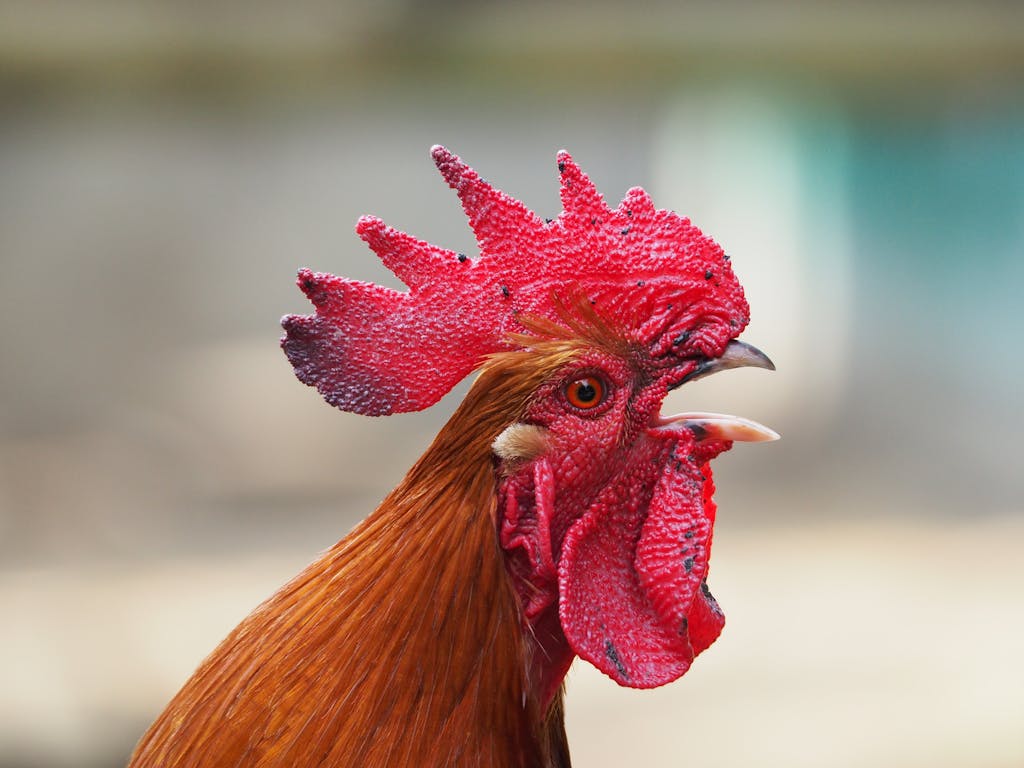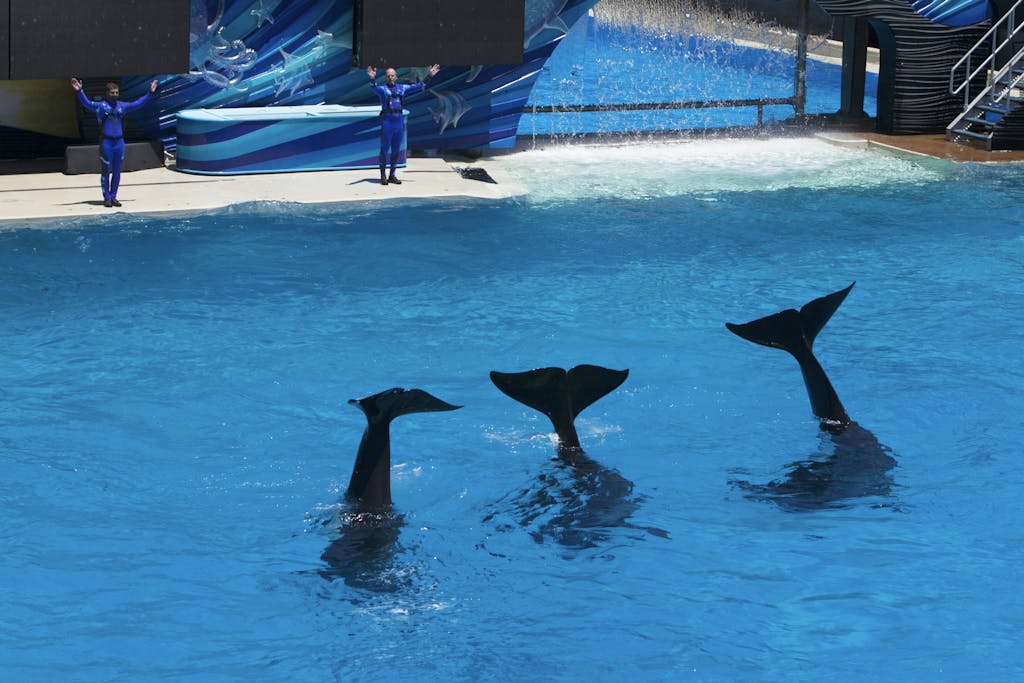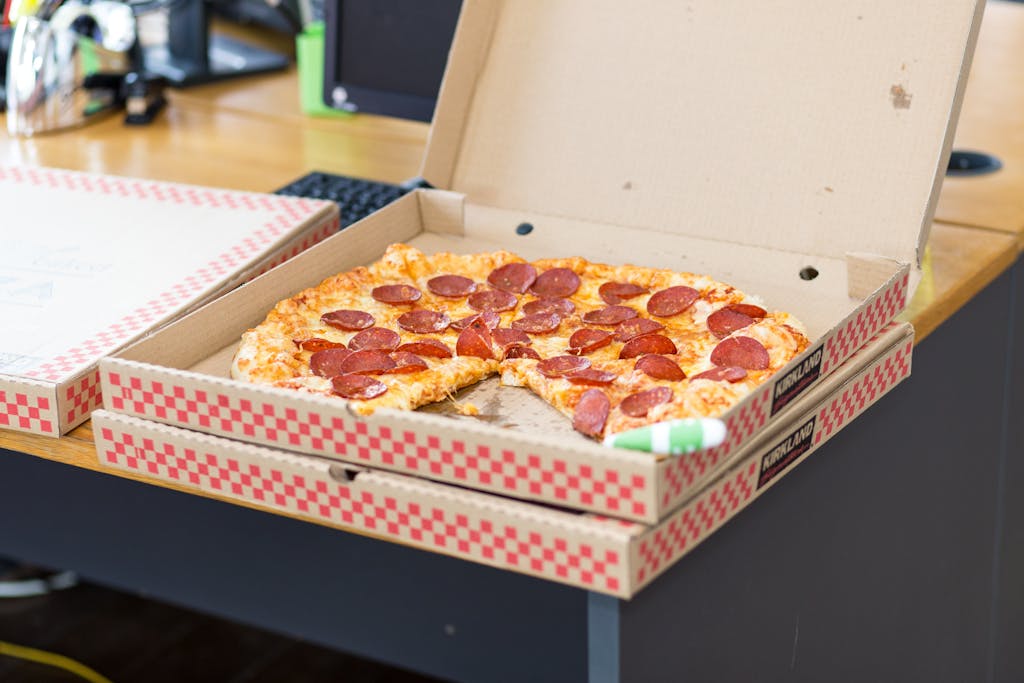Fifty properties across the region will now be able to raise hens in their backyards.
Wood Buffalo council met on Tuesday where they approved a pilot project after Councillor Verna Murphy brought forward the idea last year.
Speaking last November, Murphy said she believed this could be helpful for some people during the COVID-19 pandemic.
“Even just having a sustainable food source that you know is a healthy egg coming, people get excited about that stuff right now during the pandemic.”
The project is slated to get underway on May 1, 2021, and will last for 24 months. Afterward, a decision is expected to be made whether to expand it or cancel it.
The RMWB joins a growing list of communities with their own hen project. This includes Edmonton, Vancouver, Kitchener, and Whitehorse.
There were some against the project.
Mayor Don Scott and Councillors Keith McGrath, Krista Balsom, and Jeff Peddle voted against citing concerns with noise, odours, and the potential risk of the hens attracting animals from the forests.
Resident Denise Dominie also spoke out against stating the same issues. She claimed she was worried for young children if larger animals start roaming in.
“We live in a city within a forest and if you look at Edmonton or Vancouver, New York City those are all mega-cities and they’re not in the middle of a major forest.”
Multiple residents and Councillor Phil Meagher argued against this claim, noting interested participants would take all the needed precautions to avoid these situations.
Joseph Robb, who supported the project, also spoke against people’s concerns around the smell.
“We live in a very unique place, if there’s a strong wind coming from the north well we can smell what they call money which would be the oilsands, so odours aren’t that much of a concern.”
Meanwhile, roosters aren’t allowed while participating properties can have between two and four hens as they’ve been known to be highly social.
To be eligible, you must live in a single detached dwelling or semi-detached dwelling with a minimum lot area of 400 square metres. All neighbours must also be notified, while an annual license is needed.
Interested residents must also complete a Backyard Hen Training Course. It will cost between $50 and $75 per person.
If the municipality needs to rehome the hens, the owners will be given additional costs they must cover. This includes daily impound fees, food, veterinary care, and any other associated fees.
As for the hen’s coop, it will need to follow all requirements in the land use bylaw which outlines three metres of separation between any dwellings, windows, and doors, a minimum distance of one metre from the side and rear property lines.
The property will also need to be screened.
Soiled litter and manure must be removed from the coop daily, including cleaning any soiled waterers or feeders.
More information can be found on the RMWB’s website.








